Top CRM Software Comparison
Top CRM Software Comparison : Find the right one
In today’s competitive business landscape, effective customer relationship management (CRM) is crucial for success.In this blog, we’ll explore four popular CRM solutions: Zoho Bigin, HubSpot, Salesforce CRM, and Dynamics 365 Sales. We’ll delve into their descriptions, features, strengths, and weaknesses to help you make an informed decision in this comprehensive CRM software comparison.
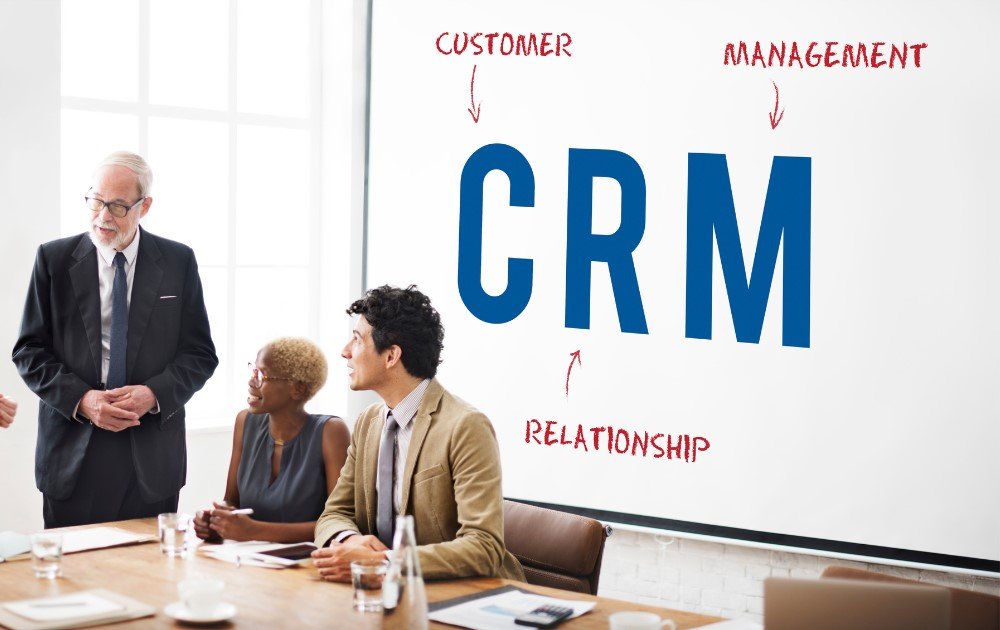
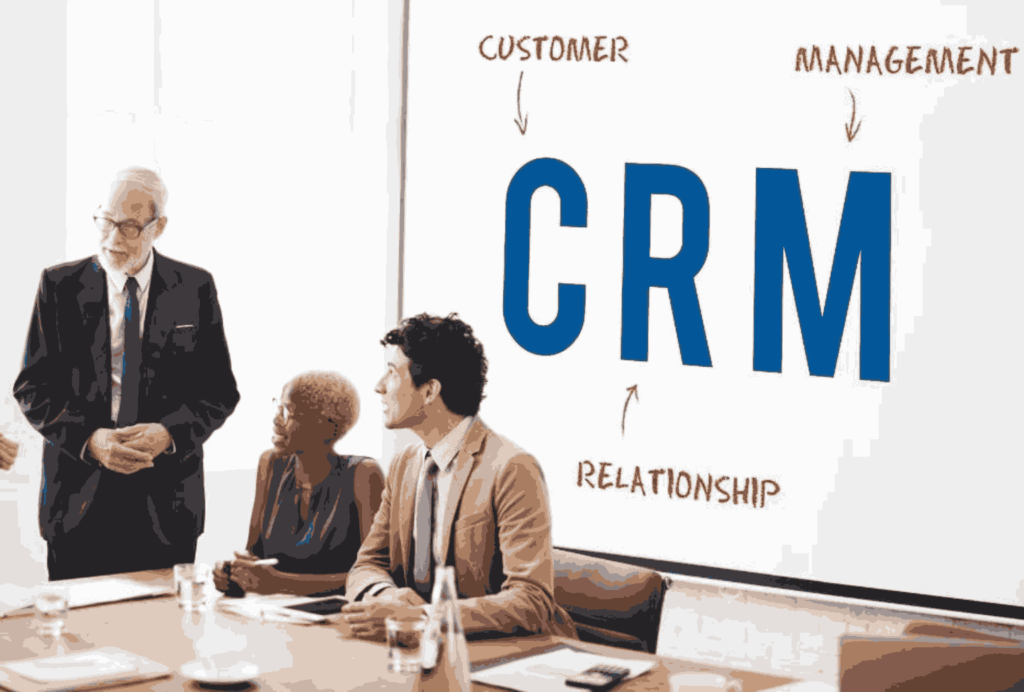
What is CRM?
CRM stands for Customer Relationship Management. It’s a system businesses use to manage and analyze customer interactions and data throughout the customer lifecycle. The goal is to improve customer service, help retain customers, and drive sales growth. CRM systems can track communications, manage sales, and organize customer information in one place, making it easier for businesses to understand their customers and improve relationships with them.
1. Zoho Bigin
Zoho Bigin is an affordable CRM solution for small businesses and startups. It enhances efficiency, streamlines processes, and improves customer service.
Bigin helps track leads, manage contacts, and analyze sales patterns to boost productivity and profitability. In CRM software comparison, Bigin stands out for its simplicity and cost-effectiveness.
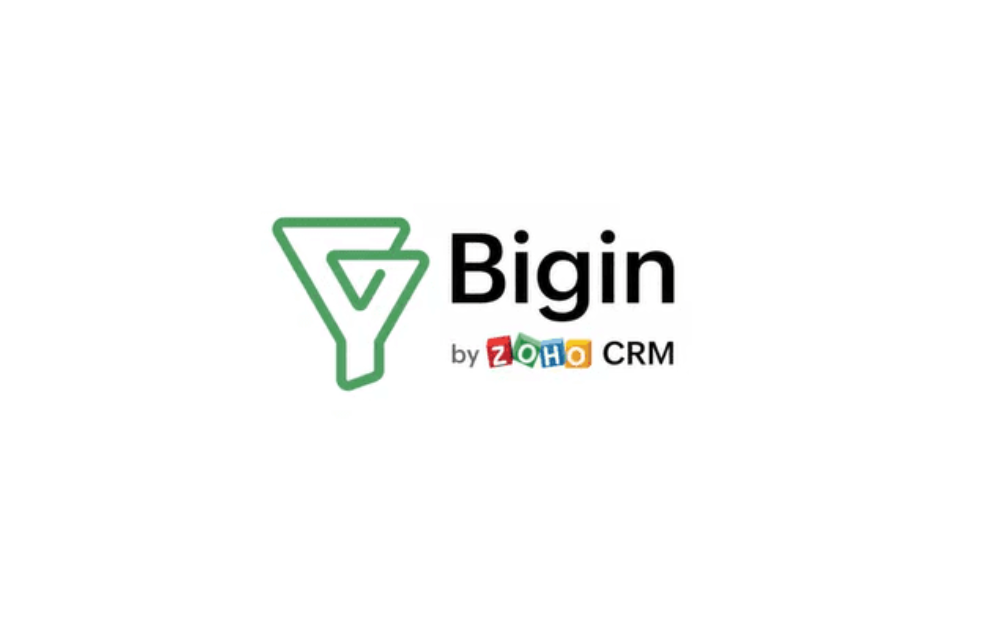

Features
- Intuitive Pipeline Management : Visualize sales stages and track deals easily.
- Flexible Customization : Customize fields, pipelines, and workflows to fit your business needs.
- Built-in Telephony : Make calls directly from the CRM and log details automatically.
- Affordable Pricing : Powerful CRM capabilities at a budget-friendly price for small businesses and startups
Strengths:
-
Affordability : It provides a full set of features at a low cost, making it a great value for budget-conscious businesses. -
Ease of Use : Simple to set up, Bigin allows customization of pipelines, stages, and activities to match your specific business needs. - Integrations : Bigin integrates with leading business apps to simplify your work and personalize your CRM.
-
User-Friendly : The platform is easy to navigate, requiring minimal technical expertise. Setting up and customizing Bigin is quick and doesn't need extensive training.
Weaknesses:
-
Limited Advanced Marketing Automation : Lacks some advanced marketing automation features found in more robust CRM systems. - Fewer Integrations : Has fewer integrations with third-party applications outside the Zoho ecosystem.
Pricing:
-
Free Plan: For a single user, this plan is available at Rs.0.This plan allows users to start with essential features and upgrade to more advanced options . -
Express Plan: Available at ₹400 per user per month, billed annually. Ideal for businesses just starting their CRM journey, this plan provides a flexible selection of features to suit various needs. -
Premier Plan: Priced at ₹720 per user per month, billed annually. This plan offers advanced features tailored for fast-growing businesses and startups, providing a comprehensive CRM solution.
2. HubSpot
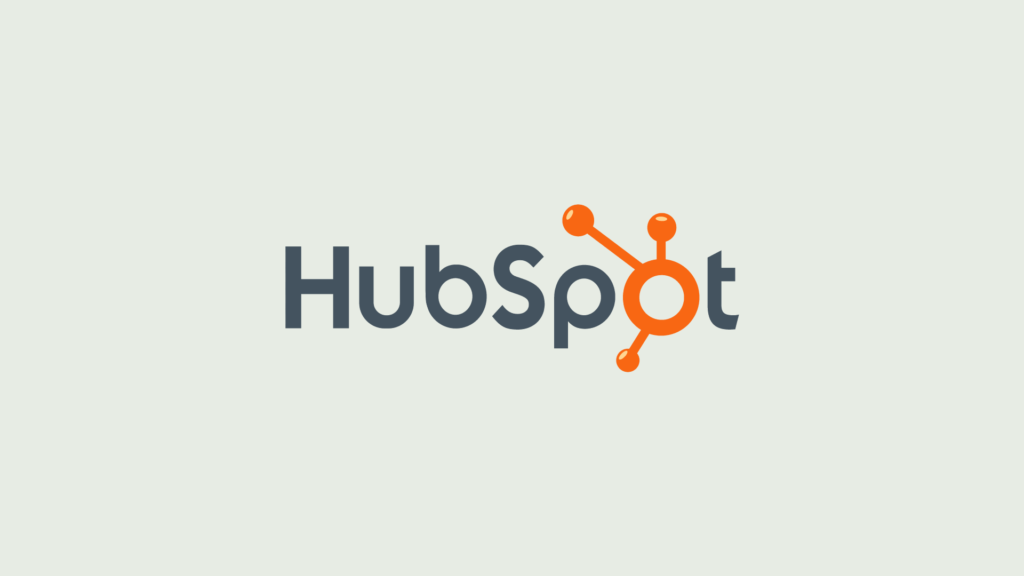

HubSpot offers a comprehensive CRM platform with marketing, sales, and service tools. It’s ideal for businesses looking to align their marketing and sales efforts, making it a strong contender in our CRM software comparison.
Features
-
Email Tracking : Tracks email interactions (opens, clicks) and integrates with Gmail, G Suite, Outlook, and Office 365. -
Social Media Integration : Allows publishing directly to social media platforms like Facebook, Instagram, and Twitter from within the CRM. -
Marketing Automation : Automates marketing campaigns, including email and social media, and uses personalization to improve lead nurturing. -
Unified Platform : Centralizes contact information for sales, marketing, and customer service, promoting team collaboration and efficient customer management.
Strengths
- Widely Used : Trusted by over 114,000 companies across more than 120 countries, showing its reliability.
-
User-Friendly : Offers an all-in-one platform for digital marketing, making it easy to manage and automate tasks. - Free CRM : HubSpot offers a free CRM tool that supports up to 5 users.
Weaknesses
- Higher Pricing : Advanced features and higher-tier plans can be expensive.
- Complex Setup : The extensive feature set may make it more complex to set up and configure.
Pricing:
- Free Plan: Available for individuals and small teams with up to 5 users. No credit card is required to start.
-
Essential Marketing Tools: Priced at $15 per month per seat, this plan includes basic marketing tools to engage and convert leads. -
Comprehensive Marketing Software: Starts at $800 per month, including 3 seats. This plan provides advanced marketing automation, reporting, and campaign features, with additional seats available at $45 per month. -
Advanced Marketing Automation: Available from $3,600 per month, this plan includes 5 seats and offers the most powerful marketing automation features for advanced control and flexibility. Additional seats are priced at $75 per month.
3. Salesforce
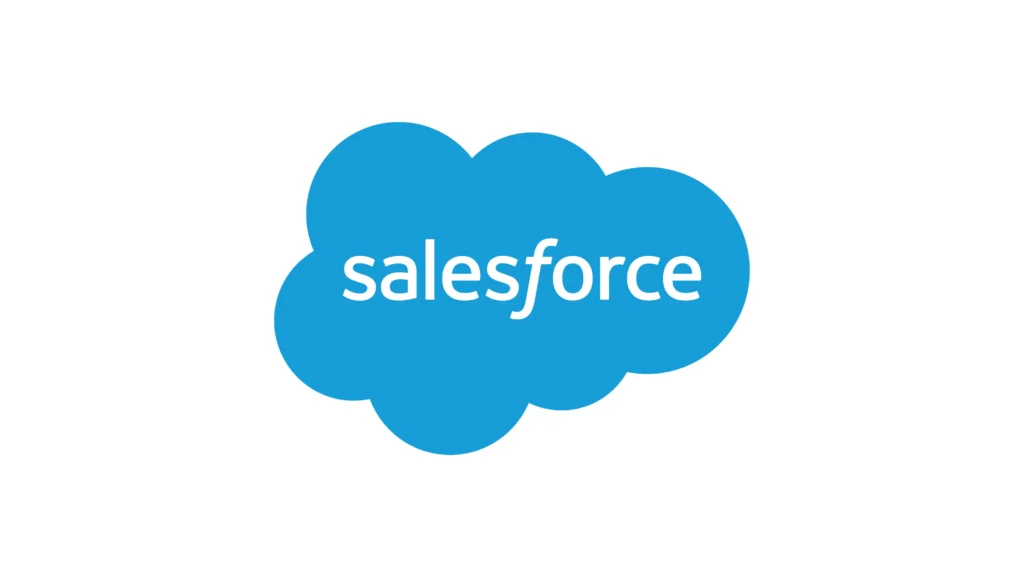

Salesforce CRM is a leading platform that helps businesses manage sales, marketing, and customer service. It offers tools for tracking leads, automating tasks, and analyzing data.
Cloud-based and customizable, Salesforce makes it easy for teams to access information and work together, fitting the needs of businesses of all sizes.
Features
-
Salesforce AppExchange : Offers a vast marketplace of third-party apps and integrations, allowing businesses to expand the functionality of their CRM in ways that many other CRMs cannot match. -
Einstein AI : Provides AI-powered insights and automation, including predictive analytics and AI-driven features that enhance productivity and decision-making. -
Chatter Collaboration : Includes an internal communication and collaboration tool, Salesforce Chatter, which enables team members to share updates, documents, and insights seamlessly within the CRM. -
Process Builder and Advanced Automation : Allows for the creation of complex, multi-step automations and workflows with Process Builder, offering advanced customization and automation capabilities beyond standard workflow rules found in many other CRMs.
Strengths
-
Extensive Features : Salesforce provides a broad array of tools for sales automation, customer support, marketing automation, analytics, and app development. -
Cloud-Based Accessibility : As a cloud-based platform, Salesforce enables users to access the system from anywhere, supporting remote work and real-time collaboration
Weaknesses
-
High Cost : Salesforce can be expensive, especially for small businesses, with additional costs for customizations, integrations, and third-party apps. -
Complexity : The extensive features and customization options can make it complex to implement and manage, often requiring dedicated staff or consultants. -
Performance Issues : Users may experience performance problems with large data volumes or complex customizations, affecting the user experience. -
Customization Maintenance : Maintaining and updating customizations can be challenging and require ongoing technical support.
Pricing:
- Enterprise Plan: $165 per user per month. Offers flexible sales management and web API access.
- Unlimited Plan:$330 per user per month. Includes full AI tools, automation, and developer support.
- Einstein 1 Sales: $500 per user per month. Features top sales capabilities with advanced AI and data support.
4. Dynamics 365 sales
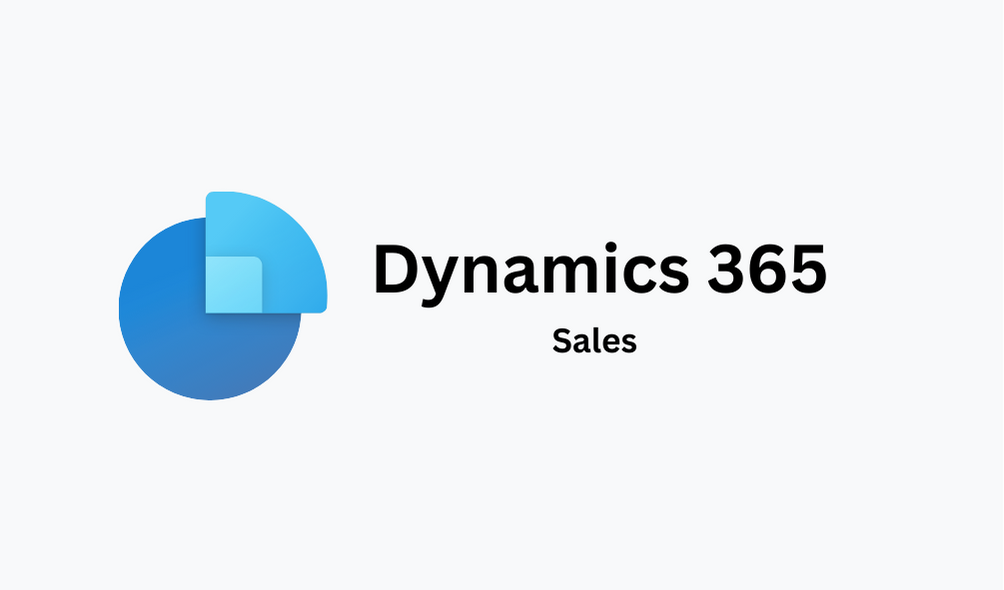

Dynamics 365 Sales CRM stands out for its scalability, ease of use, and powerful features that cater to both small businesses and large enterprises.
Features
-
Microsoft Integration : Deep integration with Office 365, Teams, and Azure for seamless productivity and collaboration. - AI-Powered Insights : Utilizes Microsoft's AI for predictive insights, sales forecasting, and lead scoring.
-
Unified Customer Data : Combines data from various sources for a comprehensive view of customer interactions. -
Power Platform Integration : Works with Power BI, Power Apps, and Power Automate for custom apps, workflow automation, and advanced analytics without extensive coding.
Strengths
- Customizable : Tailor workflows, fields, and modules to fit specific business needs.
-
AI-Driven Insights : Provides powerful analytics to identify sales trends, customer behavior, and growth opportunities. - Unified Platform : Manages sales, customer service, marketing, and operations in one platform.
- High Security : Ensures data protection and compliance with stringent security standards.
- Mobile Support : Strong mobile app access, enabling sales teams to work on the go.
Weaknesses
-
Costly for Small Businesses : High licensing fees and additional costs for advanced features can be prohibitive for startups and small businesses. -
Complex Setup and Use : Requires significant time, resources, and IT support for implementation, training, and ongoing maintenance. -
User Adoption Challenges : Complexity and extensive features may pose challenges for user adoption and proficiency. - IT Resource Intensive : Demands substantial IT resources for maintenance, updates, and troubleshooting.
-
Customization Maintenance : Customizations may require updates or reconfiguration after major system updates, adding to maintenance efforts.
Pricing:
- Sales Professional: $65 per user per month. Basic sales management features.
- Sales Enterprise Edition: $95 per user per month. Includes advanced sales capabilities.
- Sales Premium: $135 per user per month. Offers comprehensive sales features with additional tools.
Conclusion
Choosing the right CRM software depends on your business needs, budget, and the features you require. In a CRM software comparison, Zoho Begin is a good choice for small businesses due to its affordability and ease of use. HubSpot provides a strong free version and good marketing tools. Salesforce CRM is highly customizable and suited for larger businesses. Dynamics 365 Sales works well with Microsoft products and offers helpful insights.
Most Recent Posts
- All Post
- CRM
- E-Commerce
- HRMS
- LMS
- POS


